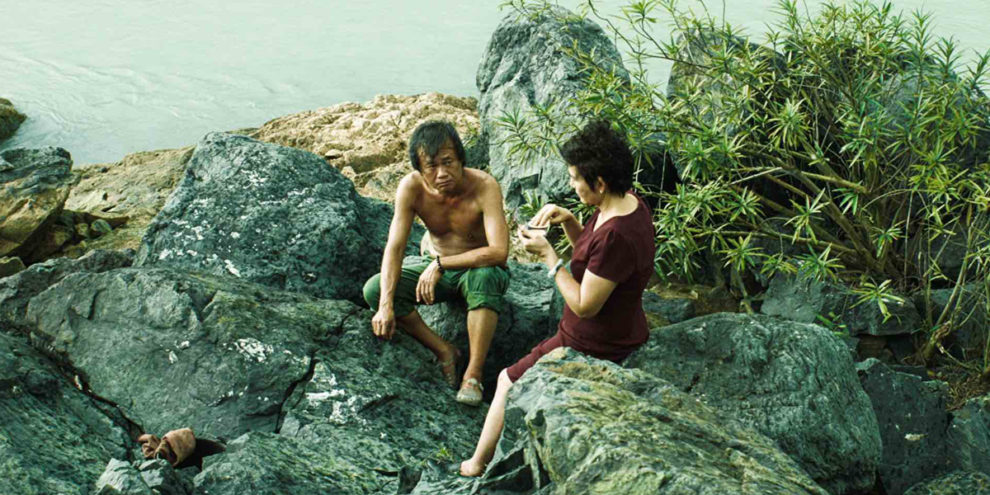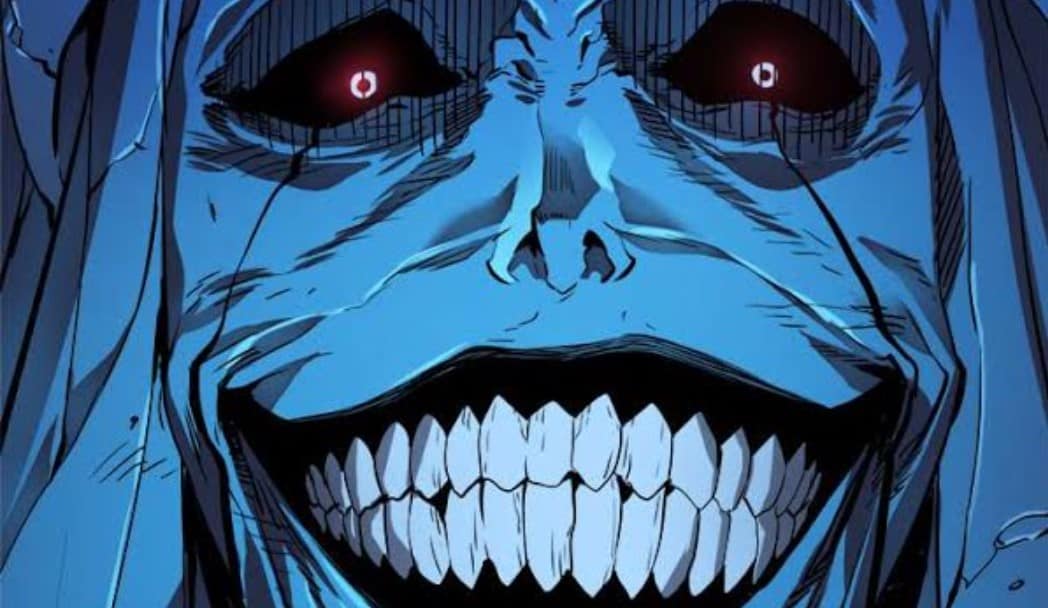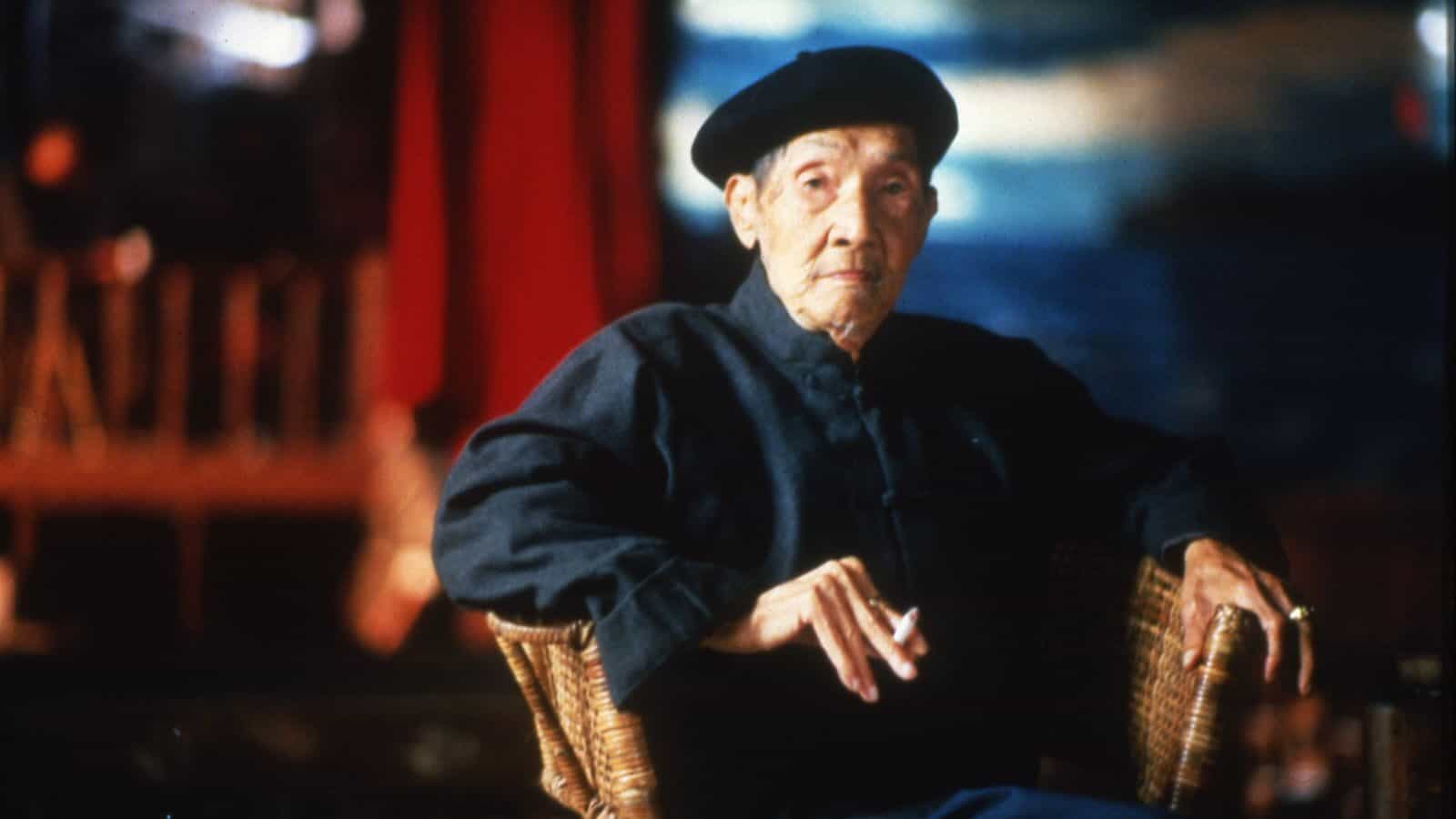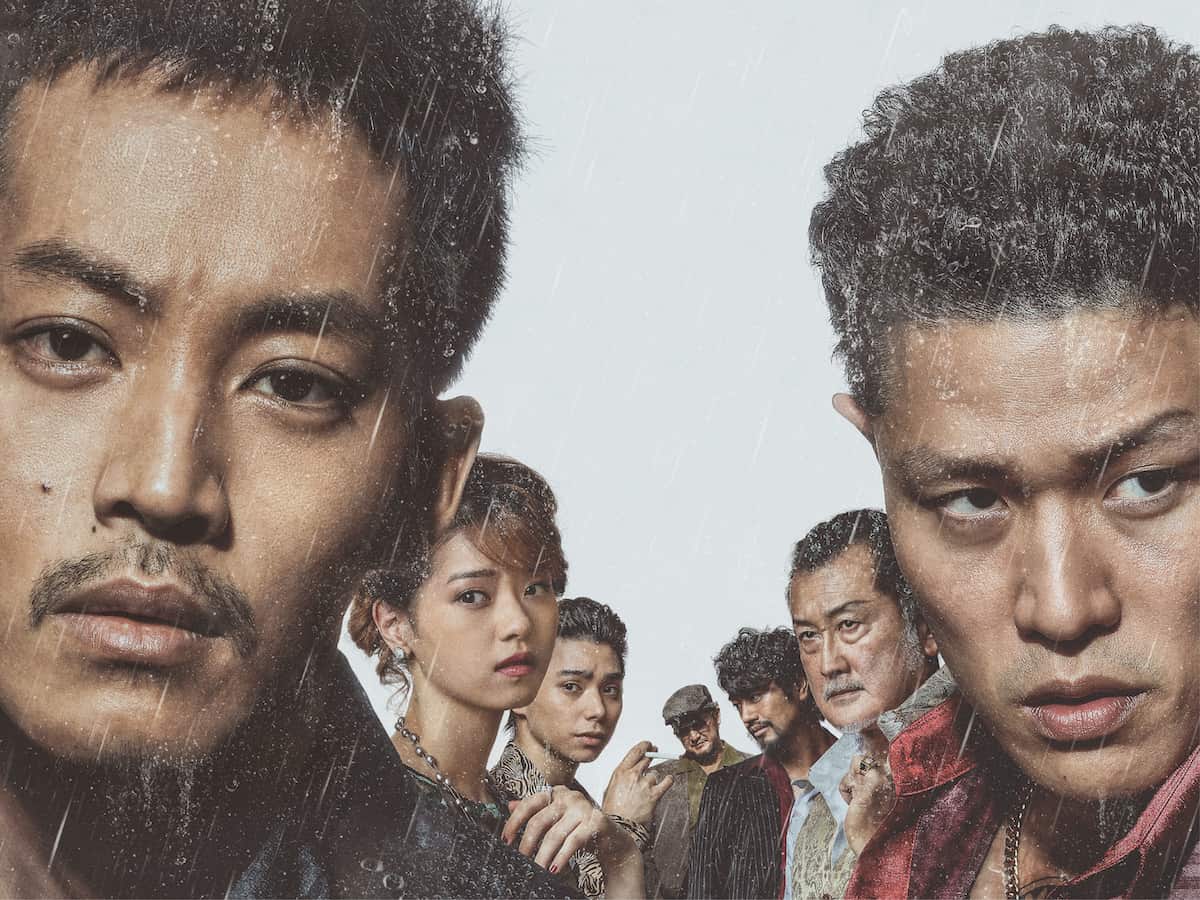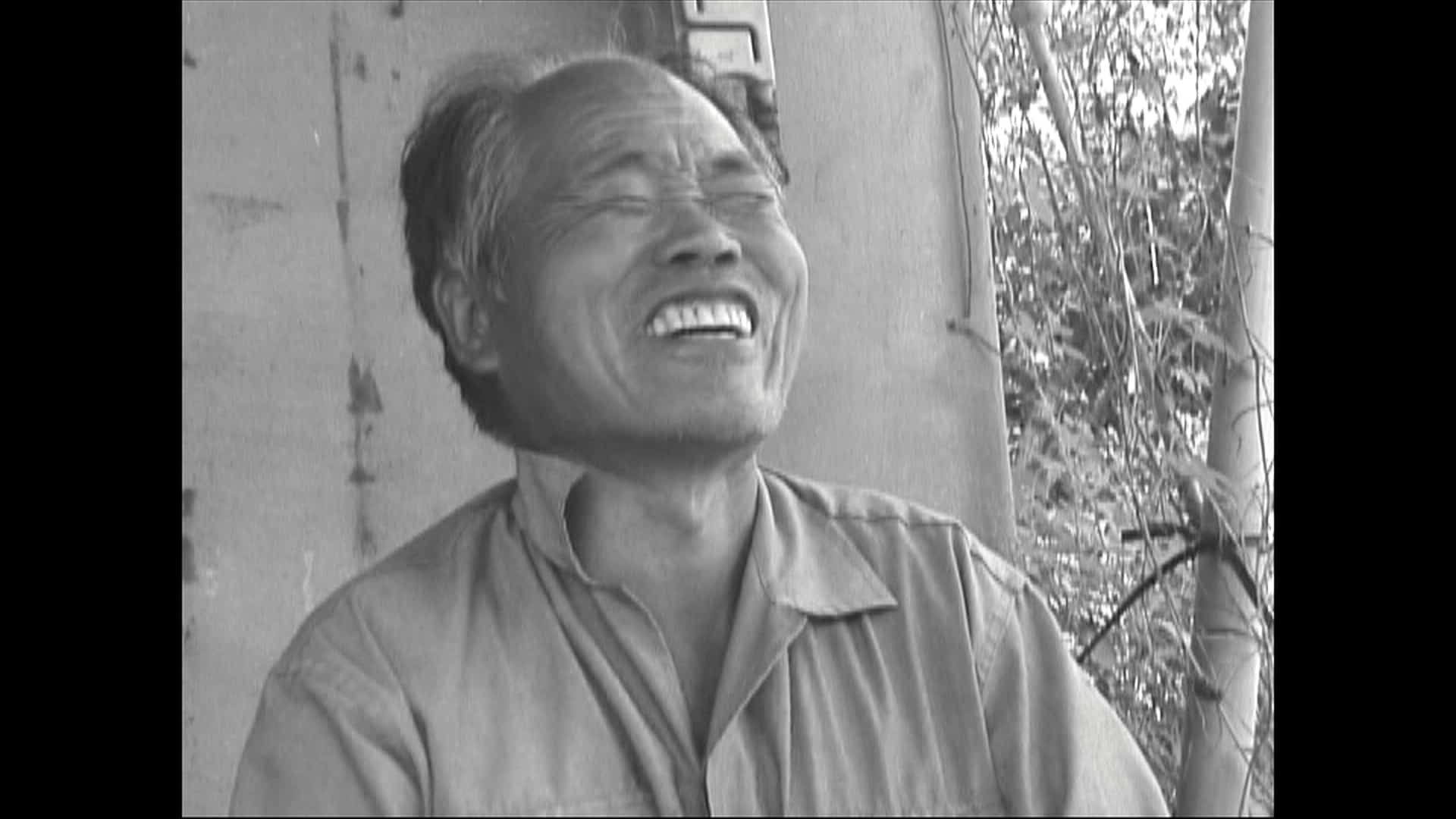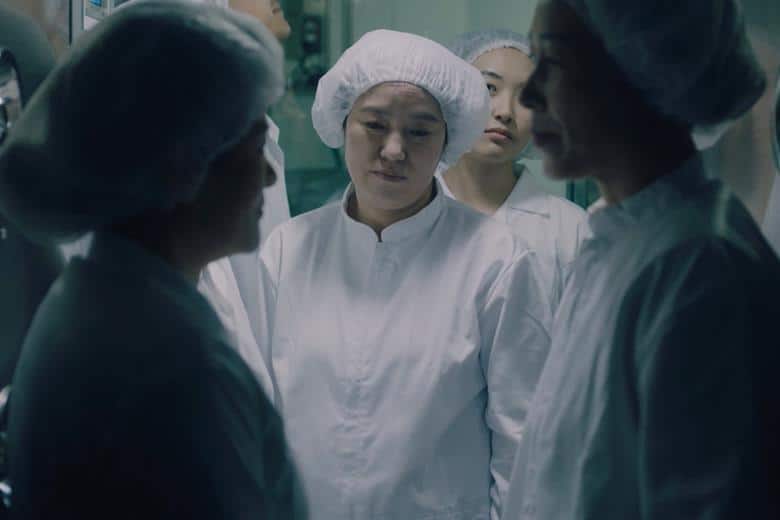this review by Bo Alfaro Decreton is republished as part of our collaboration with Talking Shorts, while the original text was published in Dutch on Kortfilm.be.

Centuries ago, presocratic philosopher Thales of Miletus claimed that water is the principle of everything. (He also said that the Earth is a flat disc floating in an infinite ocean, but let's not get into that right now). This belief could perfectly apply to ‘The Unseen River', the latest film from Vietnamese director Phạm Ngọc Lân. Less than a year after the sweltering ‘Blessed Land', he delivers yet another astonishing and beautiful short. In a flowing landscape, and with supreme dexterity, he interweaves two tales: old lovers meeting again after years, while a young couple — an echo from the past? — visits a monk to better comprehend the cause of the young man's insomnia.
Landscape, in whatever capacity, plays a vital role in the work of Phạm Ngọc Lân, who has a background in architecture and urban planning. This vitality can be taken quite literally: the filmmaker visited the shooting locations with his finished script in order to adapt it to the places themselves and thus resonate their energy and voice. This is undoubtedly one of the reasons why Lân is so good in portraying life without necessarily limiting it to the human species.
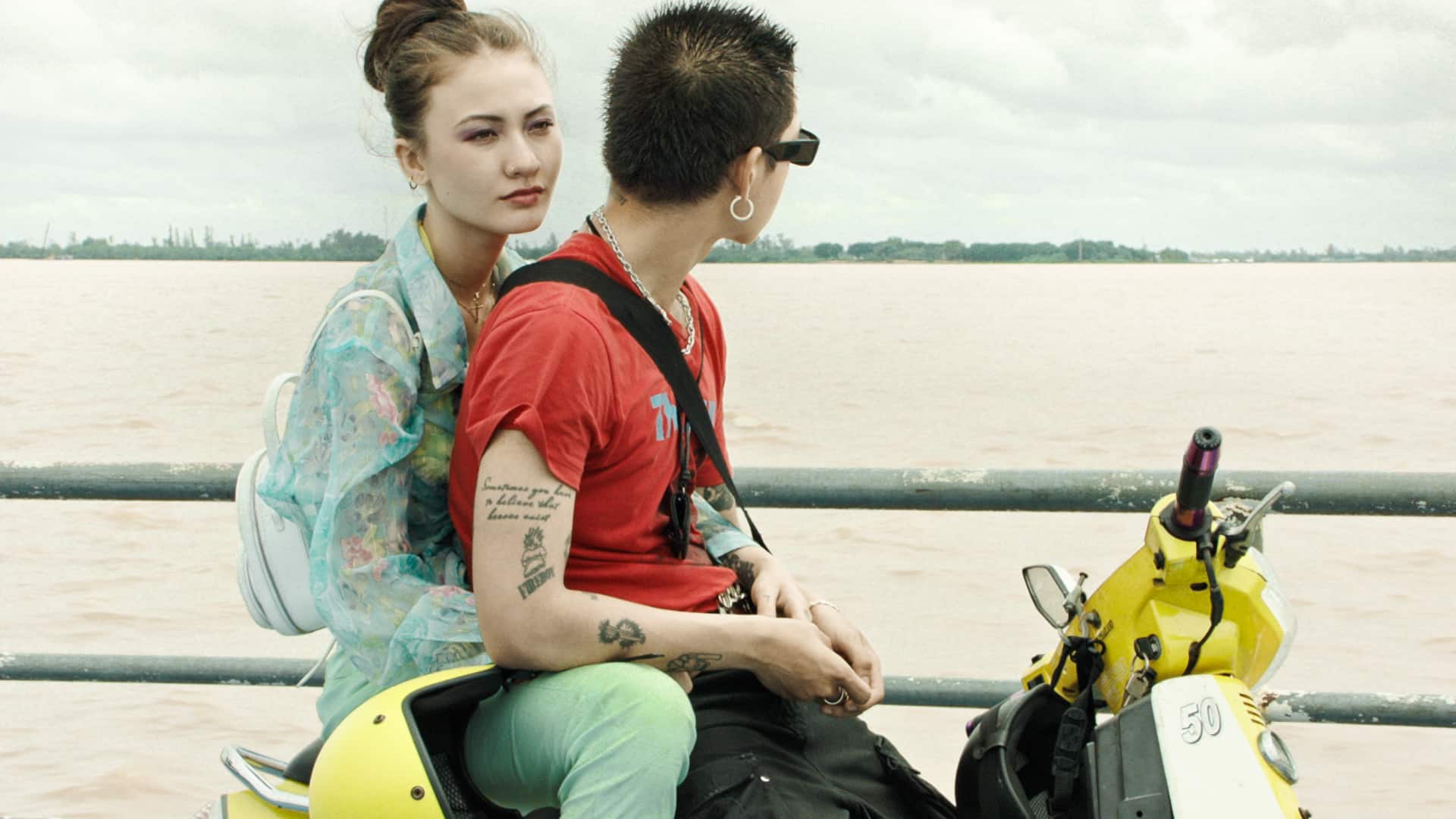
‘The Unseen River' opens with a young couple sitting on a stagnant moped on a ferry, which demonstrates that we will not find the rhythm of the story first, but that it will draw us and the characters into the background, through all that surrounds them. This couple, the fishing monk, the swimming dog, the woman at the hydroelectric power station: all the characters merge into the bigger picture, whether that be colossal architectural structures or magnetizing natural areas. By using extreme wide shots Lân underlines the vulnerability of the characters in these overwhelming places. He also makes a point of drawing his audience into their world of thought by following up those initial shots with quirky camera movements that deploy a slow zoom-in. This quirkiness may seem artificial, but here it feels natural, as if the camera is discovering its very own way of breathing underwater.
In spite of the fact that everything that surrounds them has a certain spirituality to it, Phạm Ngọc Lân presents his characters particularly “down to earth”. The young couple struggles with the uncertainty that implements their puppy love. This insecurity, which also hides a beauty that should never be underestimated, is not granted to them by their families. They want the couple to immediately choose “marriage and the baby carriage”: “They want us to hurry. But we can't decide yet. Not because we're not in love. We just can't see our future.” You can either read this as a lack of dreaming, as the monk points out, or as an attempt not to let that hypothesis restrict their freedom.
But everything, even the burden of insecurity, gets better over the years, which becomes clear when the old lovers start talking about what was and could have been. “You were the only one who made me feel weak. But strangely, I feel comfortable, like I could accept that weakness.” True love is bringing out the best in each other, that's for sure, but it is equally important to honor the other side of that medal, as highlighted here: helping each other to live with the infused fragility within.
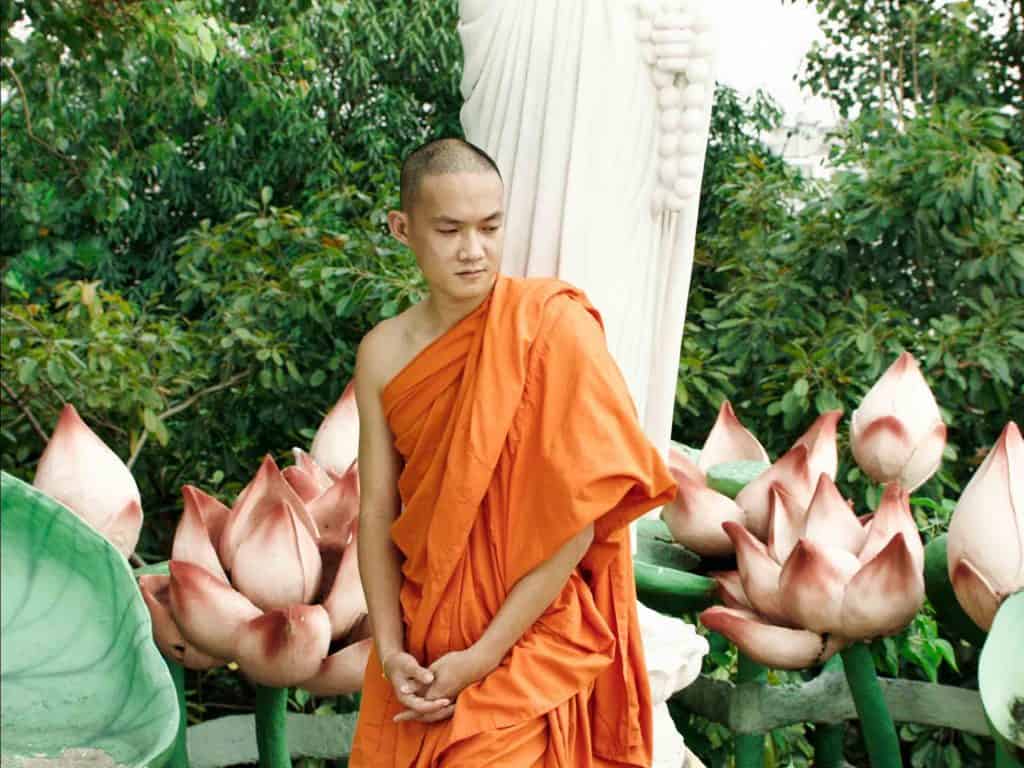
Not only does our body consist of up to 60% water, it is also our utmost need. Nonetheless, water slips through our fingers and our empirical perception: the film therefore focuses not on “the seen” but on “the unseen” river. If someone tells you to “go with the flow” in times of confusion and tension, it will, not incomprehensibly, make eyes roll. The “flow” is not a train, tram or bus for which you can easily buy a ticket (if only that were the case).
Lân's work suggests that only the trained eye and soul can distinguish that flow, that eternal becoming. “Sometimes we take years to realize that some things are more connected to us than we can understand,” says the old man. To which he points to his back. “These are the marks this river has left on me.”
This review was previously published in Dutch on Kortfilm.be.


